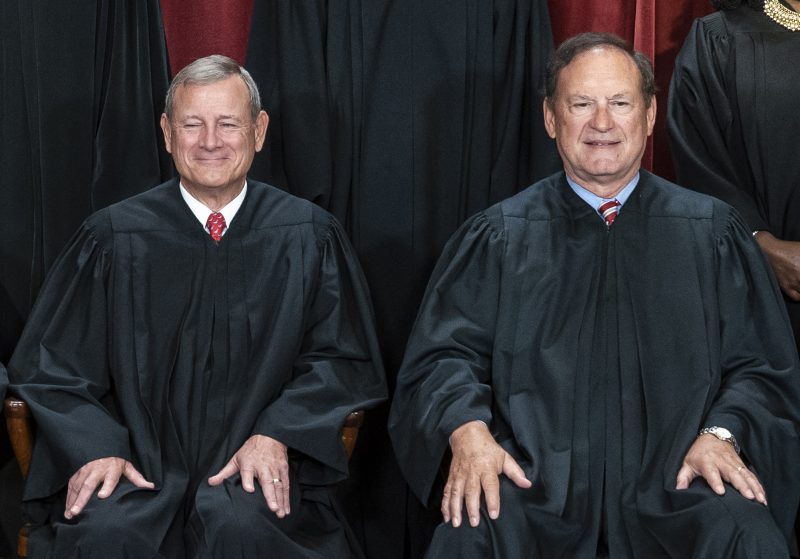The recent focus on ethics at the Supreme Court has shed light on various concerns surrounding the conduct of justices, including conflicts of interest and recusal practices. Democrats are pressing Chief Justice Roberts to address these issues and implement measures to uphold the integrity of the court.
One of the key areas of concern is the lack of a clear code of conduct for Supreme Court justices. Unlike other federal judges, Supreme Court justices are not bound by a formal code of ethics. This has led to inconsistencies in how justices handle conflicts of interest and recusals, leaving room for potential biases to influence their decisions.
Furthermore, the question of financial disclosures has also been brought to the forefront. Justices are not required to disclose information about their financial investments, leading to speculation about potential conflicts of interest that may arise from their financial holdings. Without transparency in this area, the public’s trust in the court’s impartiality could be eroded.
Another pressing issue is the recusal practices of justices. While federal law mandates recusal in cases where a justice has a financial interest or familial ties to the parties involved, the decision to recuse ultimately lies with the individual justice. Critics argue that this self-regulation system is insufficient and could result in justices ruling on cases where they have a personal stake.
The Democrats’ call for Chief Justice Roberts to address these ethical concerns reflects a growing demand for accountability and transparency within the highest court of the land. By establishing a clear code of conduct, implementing stricter recusal practices, and enhancing financial disclosure requirements, the Supreme Court can strengthen its credibility and uphold the principles of justice and fairness.
In conclusion, the need to address ethics at the Supreme Court is paramount in ensuring the integrity of the judicial system. By heeding the calls for reform and taking proactive measures to enhance transparency and accountability, Chief Justice Roberts and the court as a whole can uphold the public’s trust and maintain their crucial role in safeguarding the rule of law.

